Chameli turns 18: Kareena Kapoor’s pathbreaking film dared to normalise Indian social taboos
Kareena Kapoor’s sensitive depiction of the life of a sex worker was both refreshing and rare. On Chameli’s 18th anniversary, revisiting its timeless appeal.
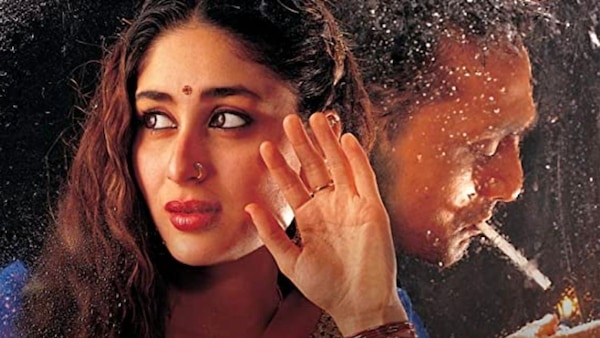
Last Updated: 10.32 PM, Jan 04, 2022
A lone night; two strangers; and a world of stories between them. Sudhir Mishra’s Chameli was all this and more. Pitting the then-superstar Kareena Kapoor in the titular role of a sex worker, Mishra placed the subtler Rahul Bose as her compatriot in their single night of interaction.
Released in 2004, the film had been co-written and directed by Anant Balani, whose unfortunate demise during the shoot, led to Mishra taking on the directorial reigns. While Balani’s perspective was quite different to Mishra’s, the latter’s introduction into the project lent it the required gritty realism of the streets.
Chameli’s life and its backstory are adequately revisited through the night, while Aman (Bose) still remains a sketchy figure with bits of information on him here and there. This move was a purposeful one to subvert the male-dominated narratives of the time that provided women with secondary (sometimes tertiary) roles. In most films, women characters worked only as enablers to propel the story of the men.
In fact, Balani’s treatment of Kapoor’s character was both natural and realistic. Chameli not only takes her work merely as that – work, but she never occupies the space of the oppressed victim or pathetic damsel in distress who takes up the profession when left with nary a choice.
Chameli's gait, donning the blood-red saree, clung low on her hips; her slightly-overdone makeup with jewellery enhancing her facial features; and a beautifully long mane left untethered – all of these little nuances constituted her being, giving viewers a hint of her personality and how she chooses to deal with life while being a sex worker.
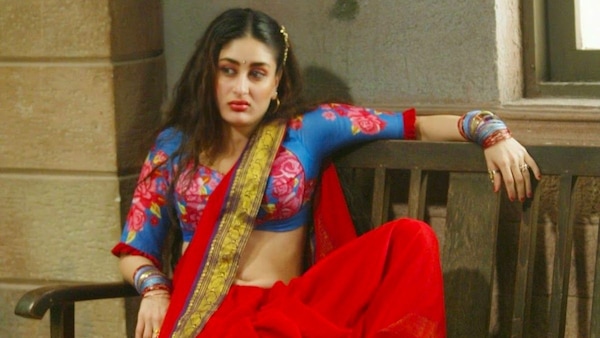
Where Mishra scored brownie points was in his insistence to not showcase sex work as any ‘different.’ Chameli talks about her work practically and even offers her services to Aman.
On his refusal, she further requests him to give in since she had not had a single client through the night and couldn’t do her ‘boni’. The fact that she uses this common Hindi trade parlance, shows how transactional and business-minded her approach to sex work is.

This honesty, however, is strictly reserved for the women in Chameli's universe. The men are shown as more hypocritical. They shun these women in broad daylight but have no qualms getting involved with them in the shadows of the night.
The film showcases how most men regard sex workers – as moral outliers who are ‘impure’ and ought to be treated as such. Even the seemingly humane Aman pushes Chameli’s hand away when she extends it in good faith.
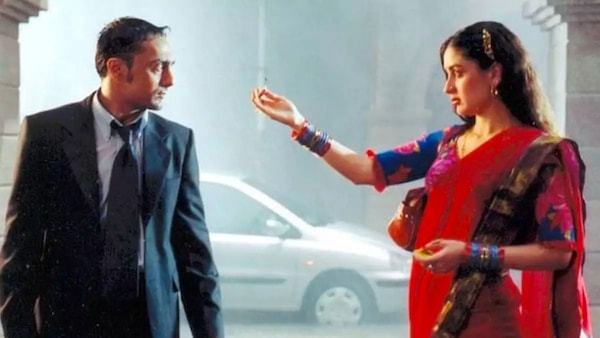
Having said this, Mishra also introduced another fascinating element of realism through a discussion that Chameli and her colleagues have one day. They mock their rich, alpha clients who always feel the need to act as the knight in shining armour when they see distressed souls.
Even if they don’t deign to recognise them publicly, they’re always willing to lend a helping hand to these sex workers. The women joke about concocting heart-wrenching backstories that would immediately play on the men’s sympathies, and they’d quickly agree to pay them extra.
Chameli herself confesses to having taken many ‘a 500-rupee notes by using such strategies. Mishra’s eye for detail is at full display here. He insists his viewers see these women as financially independent beings, as flawed as anyone else.
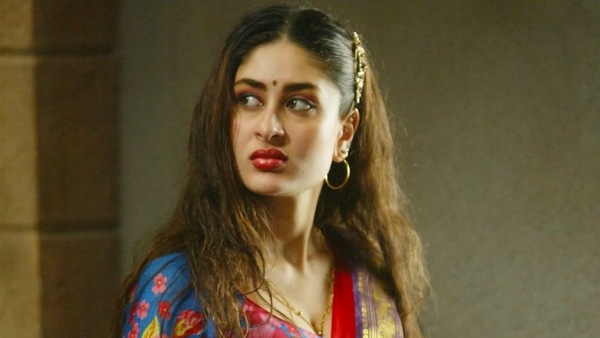
But where the film really stands out is in its warmth. Despite her hard, scheming exterior, Chameli is a sweet-natured girl with a heart of gold. Having faced trying circumstances, she uses her pragmatism to good use, a skill that also helps her be strictly professional in her work.
But something about Aman encourages her to be her own person in front of him. She slowly opens up to him in subtle ways, giving glimpses of the childlike innocence in her.
A touching sequence in the film comes through with Sunidhi Chauhan's lilting number 'Bhaage Re Mann', which deftly captures Chameli's free spirit and how she wishes to break out of her restrictive circumstances and live life with an undaunted approach.
Mishra populates some of his intimate scenes with Chameli’s concern for Aman, her suppressed affection towards him or even her fondness towards the young tea-stall helper who she aids so that he can go to school someday. But Mishra never sees these qualities as redemptive, he merely states that her persona is such. It’s not a ‘compensation’ for being a prostitute, it’s just her nature.
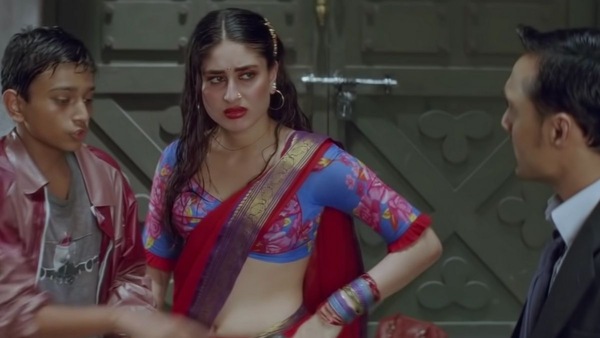
Chameli was surely a pathbreaking film for the entire crew associated with it. Kapoor’s otherwise commercial successes were in stark contrast with her role in Chameli. Always having played the quintessential Bollywood 'diva', Kapoor’s conscious decision to step into Mishra’s world, sans the glitz and glamour, paid worthy dividends when the actress bagged the Filmfare for Best Performance.
Watch the film here .

 Premium
Premium